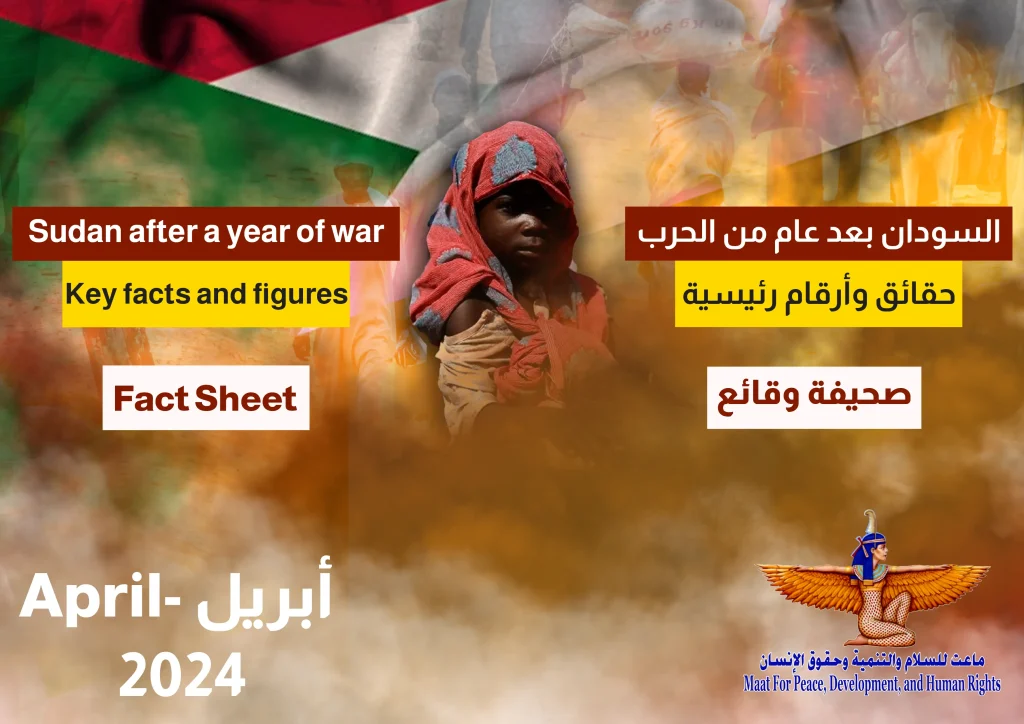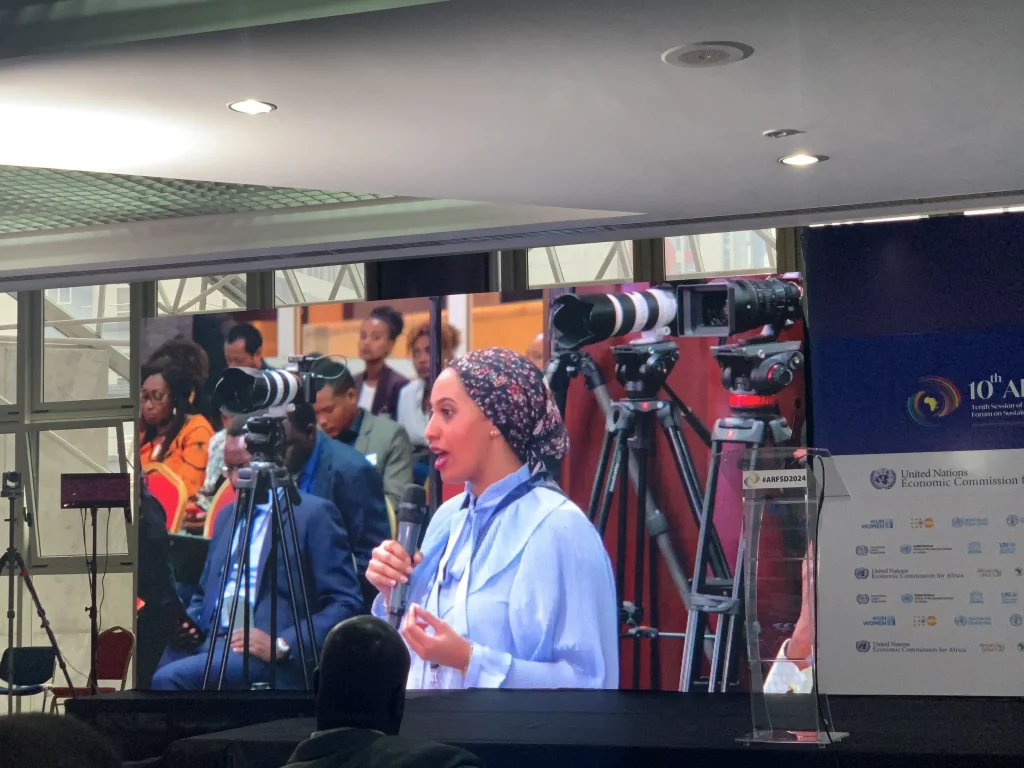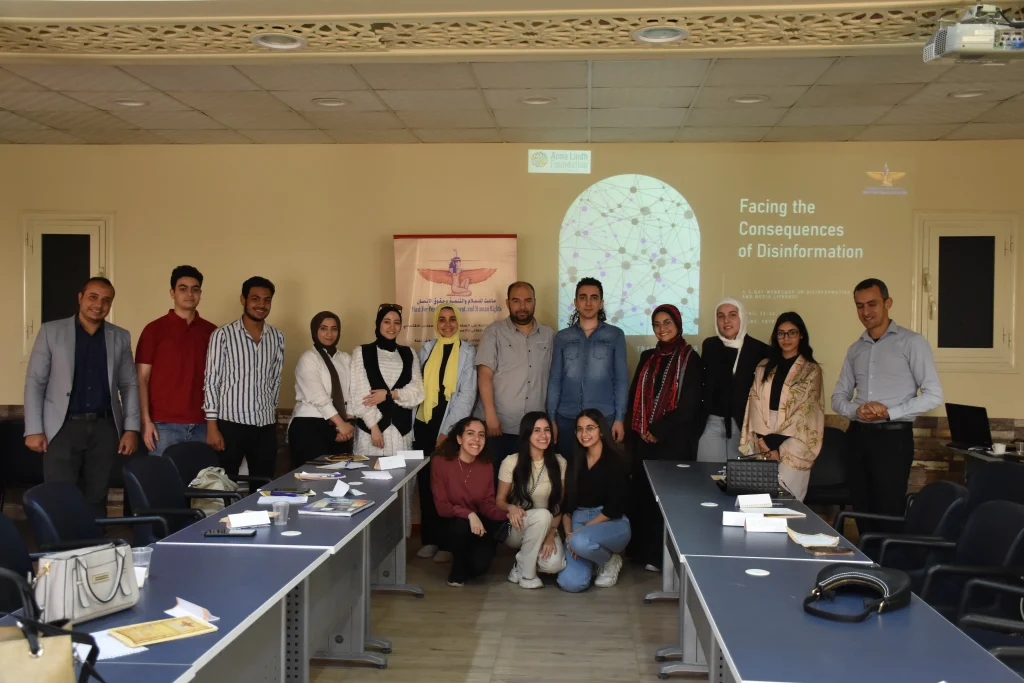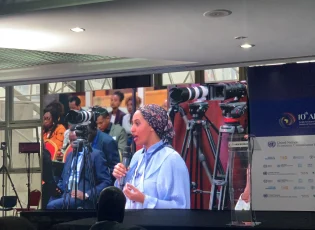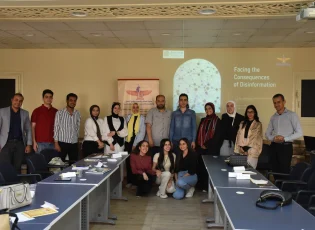Okeil: Collective grievances resulting from inequality and deepening discrimination are a key factor in armed and violent conflicts
Sherif Abdul-Hamid: The Covid-19 pandemic has exacerbated the gender gap in the workplace
Ali Muhammed: Indigenous peoples suffer from the dangers of inequality
Maat for Peace, Development and Human Rights issued on December 10, 2021 a new report entitled “Ensuring Equality For All: Only Together, We Can Recover.” The report coincides with the commemoration of the day on which the United Nations General Assembly adopted the Universal Declaration of Human Rights in 1948. The Universal Declaration of Human Rights was discussed by almost all member states of the United Nations and it includes 30 articles related to human rights, and at the heart of these articles are two basic principles of international human rights law, namely equality, and non-discrimination. In the report, Maat focused on the topics identified by the United Nations for this year, all of which are crystallized around "equality." The report considered that reducing inequalities between high-income and poor countries, and between individuals within one community, would protect a group of people from falling into the pandemic of extreme poverty, as inequality, as well as the economic effects of the Coronavirus pandemic, are likely to drive nearly 150 million people into poverty by 2022.
The report concluded that the unfair distribution of vaccines undermines the recovery efforts that we all seek, particularly in low-income countries, which widens the gap between them and rich countries, and makes more than half of the world’s population lag behind. At the time when vaccination receives more than 5.7 billion people around the world with a dose or more, 73% of these vaccines were distributed in 10 countries only, and only 2% in the continent of Africa received the vaccine, which is an aspect of inequality between countries, Maat said that this disparity in the distribution of vaccines contradicts the rules of international human rights law and reflects a pattern different from the spirit of global solidarity enshrined in the Charter of the United Nations.
The report drew attention to the fact that the Coronavirus pandemic reduced the number of people covered by social protection programs in low-income countries from 13.4 before the pandemic to 7.8 by 2021, and even in high-income countries, social protection programs covered more than 85.4% of the population before the Corona pandemic, but this ratio decreased by the end of 2020 to 62.8 of the population. The report indicated that despite the progress made by some countries in terms of political participation between the genders, equality has not yet been achieved. By 2021, women won only 26.1 of about 35,500 parliamentary seats in 156 countries, and only 22.6 % were appointed as ministers of more than 3,400 ministerial portfolios in 81 countries.
In this context, Ayman Okeil, an international human rights expert and president of Maat, said that the collective grievances resulting from inequality, the exacerbation of discrimination and exclusion between individuals in the same societies have a fundamental role in stimulating armed disputes and violent conflicts, Okeil called for the urgent need to start developing national strategies and plans to achieve equality and combat discrimination, hate speech, intolerance, and xenophobia in accordance with international human rights law including the Durban Declaration and Platform for Action.
For his part, Sherif Abdul-Hamid, director of the Research and Studies Unit at Maat, said that despite decades of calling for gender equality in the workplace, including equal pay for work of equal value, the gap between men and women has continued to widen, and this gap has been exacerbated by the Corona pandemic. Abdul-Hamid called for the need for ensuring gender equality in the workplace in accordance with Article 7 of the International Covenant on Economic, Social and Cultural Rights and the International Labor Organization Convention No. 100 of 1951.
Ali Muhammad, a researcher at Maat, said that indigenous peoples, who represent about 6.2% of the world’s population and reside in 90 countries, have suffered more from the risks of inequality, and warned against not working to reduce the gap that has spread between indigenous peoples and citizens in the countries in which they reside, and added that depriving them of the rich lands on which they grew up goes against the principles and provisions of the United Nations Declaration on Indigenous Peoples and destroys any hopes of achieving Sustainable Development Goal 16 of justice, peace, and strong institutions.

 |
 |



